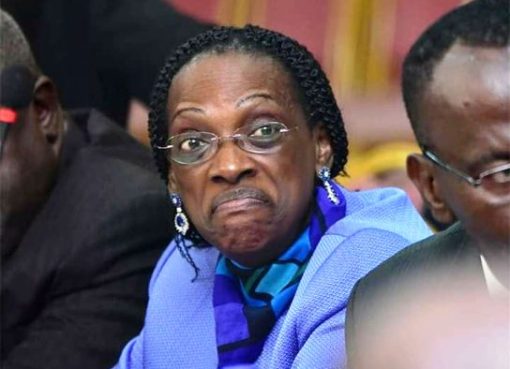The World Bank Group and International Monetary Fund have issued the following joint statement to the G20 concerning debt relief for the poorest countries:
The coronavirus outbreak is likely to have severe economic and social consequences for IDA countries, home to a quarter of the world’s population and two-thirds of the world’s population living in extreme poverty.
With immediate effect—and consistent with national laws of the creditor countries—the World Bank Group and the International Monetary Fund call on all official bilateral creditors to suspend debt payments from IDA countries that request forbearance. This will help with IDA countries’ immediate liquidity needs to tackle challenges posed by the coronavirus outbreak and allow time for an assessment of the crisis impact and financing needs for each country.
We invite G20 leaders to task the WBG and the IMF to make these assessments, including identifying the countries with unsustainable debt situations, and to prepare a proposal for comprehensive action by official BILATERAL creditors to address both the financing and debt relief needs of IDA countries. We will seek endorsement for the Proposal at the Development Committee during the Spring Meetings (April 16–17).
The World Bank Group and the IMF believe it is imperative at this moment to provide a global sense of relief for developing countries as well as a strong signal to financial markets. The international community would welcome G20 support for this Call to Action.
In a related development, Somalia is finally back in the global financial fold after the World Bank and International Monetary Fund said the government had taken the necessary steps to be eligible for billions of US dollars in debt relief.
The announcement is expected to see the country’s debt reduced from $5.2bn (£4.3bn) to just a tenth of that over the next three years.
The World Bank’s Somalia country representative Hugh Riddell told the BBC that this was the beginning of a wider and co-ordinated process to relief Somalia’s debt.
“The structure is that the country delivers reforms, it negotiates debt relief conditions with its creditors and once those conditions have been delivered, debt relief is then provided,” Mr Riddell said.
Somalia had not made repayments since the onset of the civil war 30 years ago, making it impossible to access loans from international lenders.
Debt cancellation for Somalia means that government can acquire funds needed to improve services across the country.
Reacting to the development, Somali Prime Minister Hassan Ali Khaire said it was like “a second liberation after the first which was the independence of the country, to reach where we have reached”.





